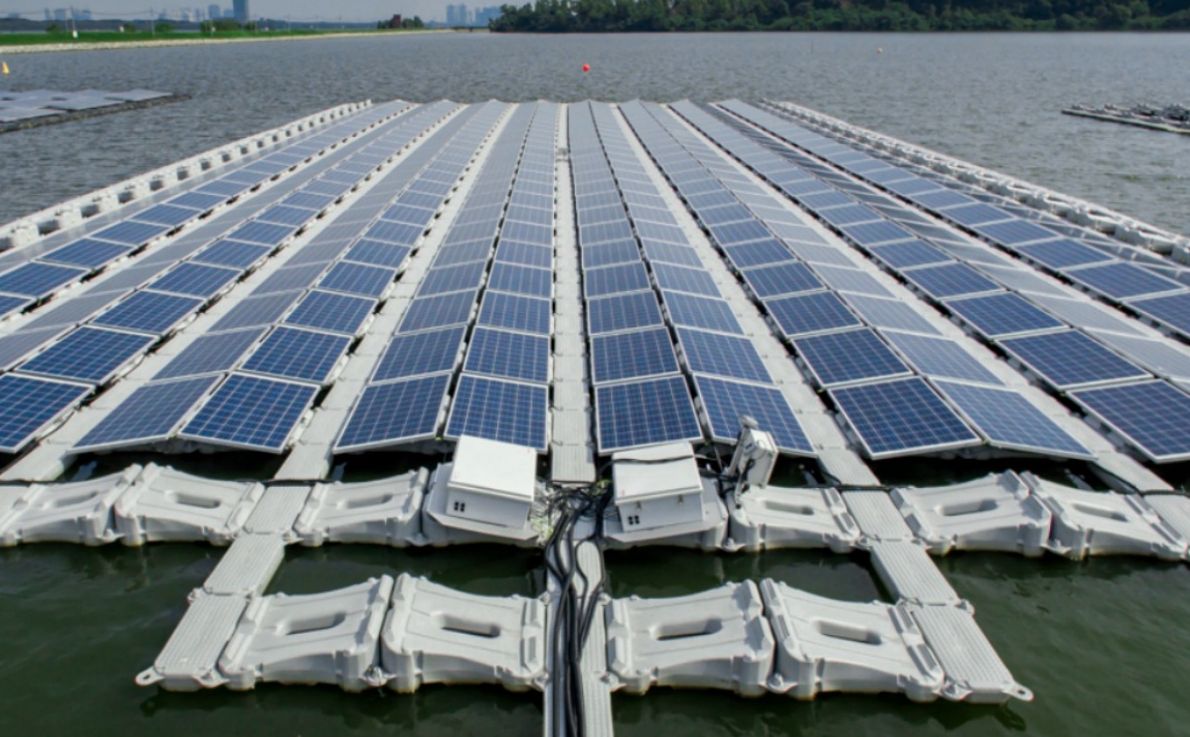The Advantages And Disadvantages Of Floating Solar

Floating Solar Panels
You may not have heard of “
floating solar,” but its popularity is growing. These panels offer several benefits and drawbacks, but one thing is certain — they’re an innovative alternative to traditional designs.
What Is Floating Solar?
Floating solar panels are a new type of flat-panel solar design that offers the convenience of rooftop mounts. However, for areas or buildings that don’t have adequate roof space, they also serve as an alternative to ground mounts or solar canopies. This is especially useful for large-scale solar projects. This is because the panels also float, making them ideal for ocean, lake or river locations.
Benefits Of Floating Solar
They Float
Floating solar panels are an innovative approach to solar power that offers many benefits. One of these includes no loss of land-space. Being able to float in unused bodies of water also helps eliminate the need for tree removal.
Durable, High Performance
Floating solar panels are able to be cooled down in areas that experience very hot weather by the water they’re floating on. This makes them especially durable and helps them maximize their energy output when faced with extremely hot temperatures outside.
They’re Eco-Friendly
In addition to helping alleviate the need to clearing trees for ground-mounted installations, floating panels are environmentally beneficial in other ways also. Because they shade the bodies of water they float in, they can help reduce evaporation in areas plagued by drought conditions. The shade produced can also help limit the growth of harmful algae blooms in water that’s used as part of a drinking source.
They’re Convenient
As they can be placed in areas that are very difficult to access, you can benefit from solar power without making structural changes.
Floating solar offers portable solar options for RV, camping and boat adventures.
Drawbacks Of
Floating Solar
They Are Pricey
Being a newer technology means installation can be more expensive than traditional panels. Specialized equipment and specially trained installers are needed to set up this type of solar array.
They Are Only Suitable For Specific Locations
These panels are only suitable for specific locations. They have to be anchored in the water, leaving them unsuitable for homes or locations that are not near a lake or river. The majority of installations are large-scale for big communities or power companies, and it may be hard to find solar companies or installers instituting small projects yet.
